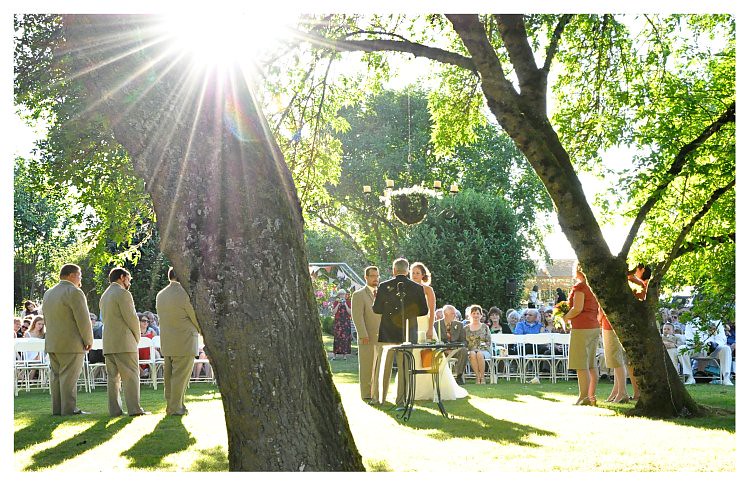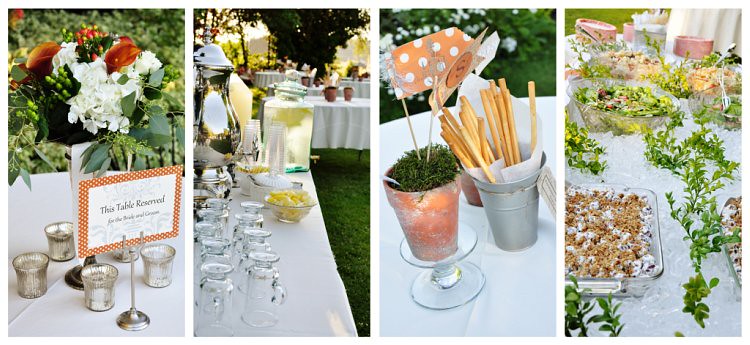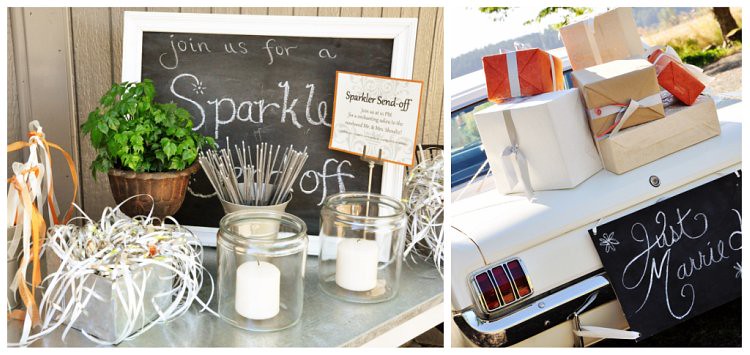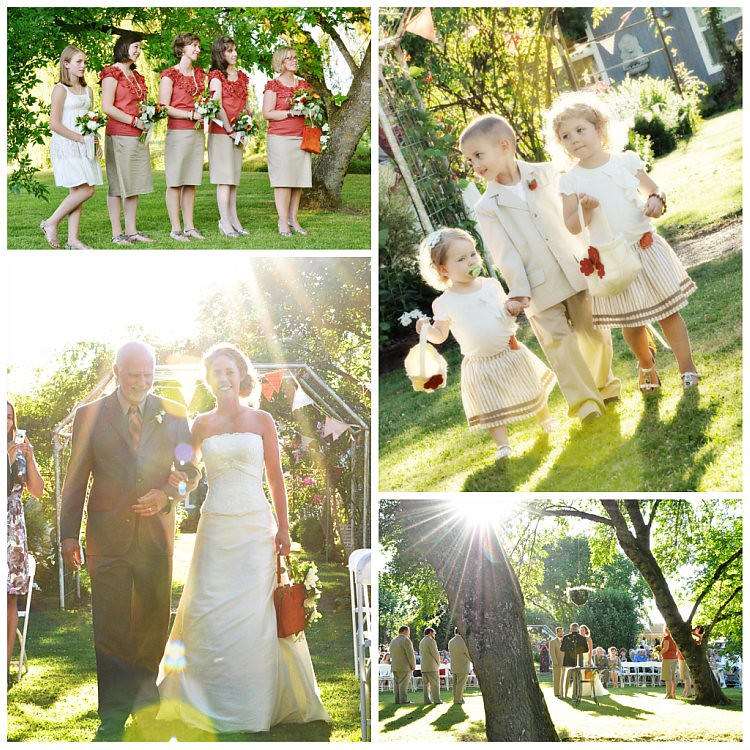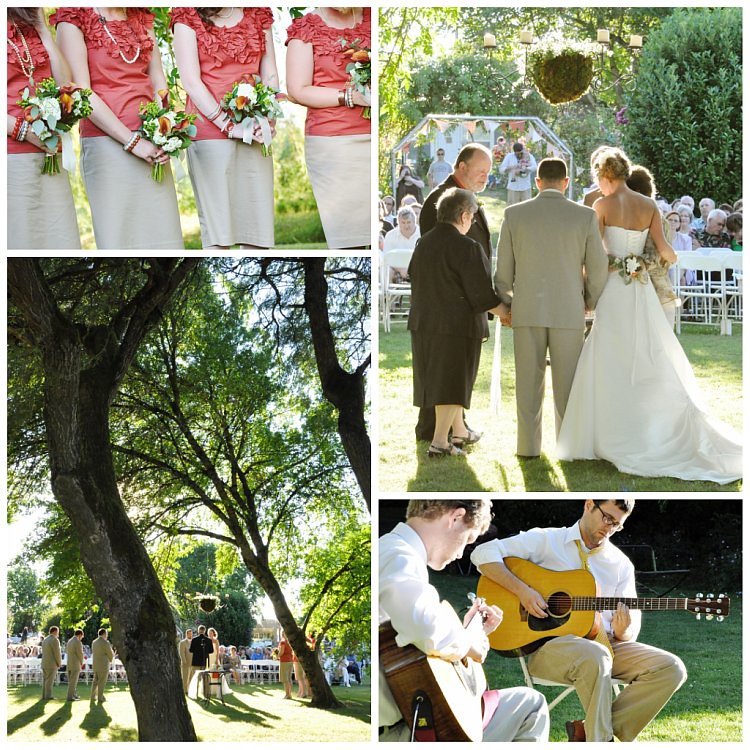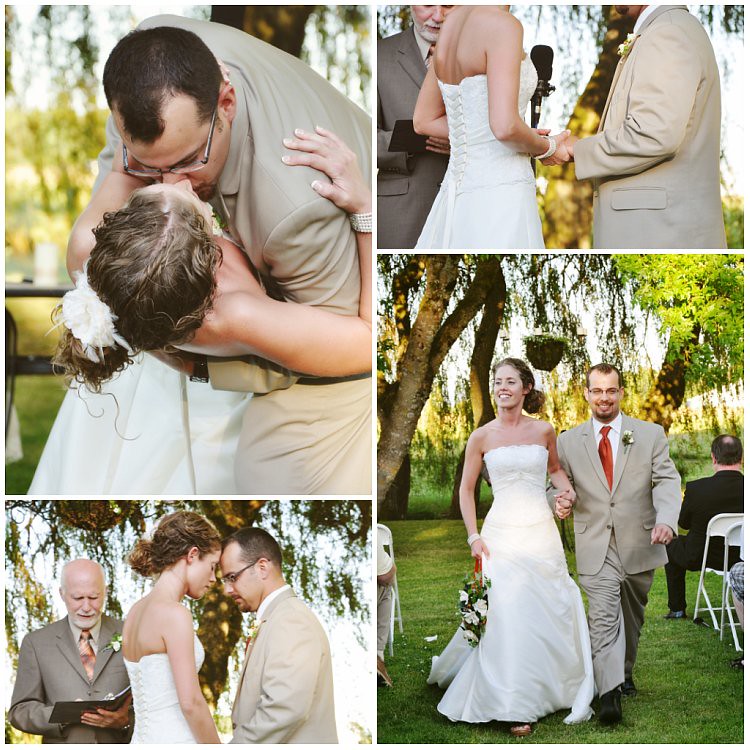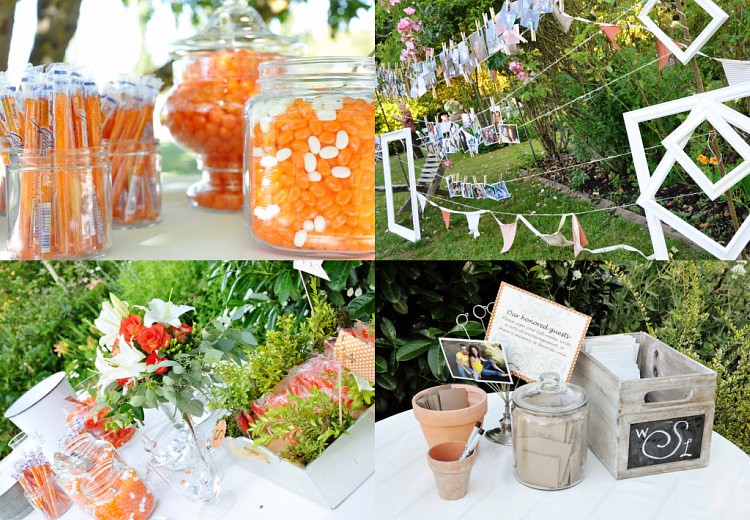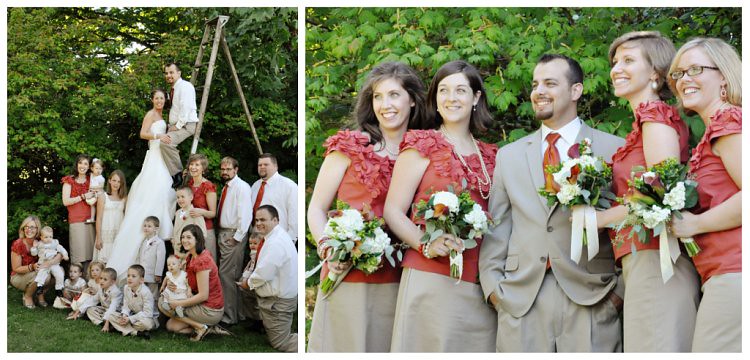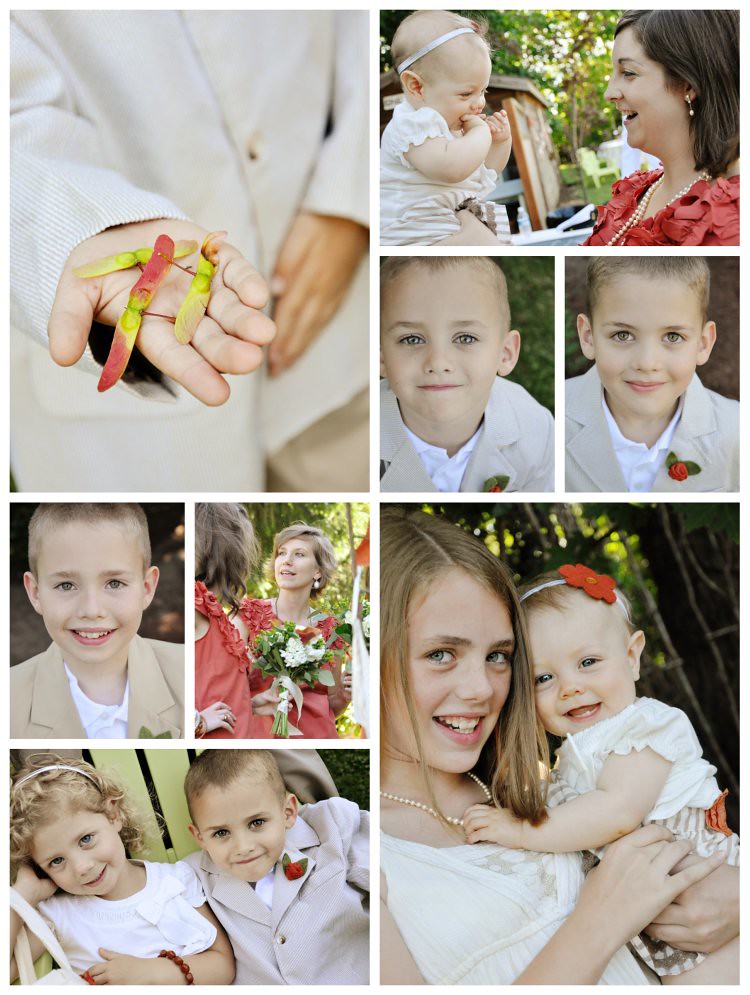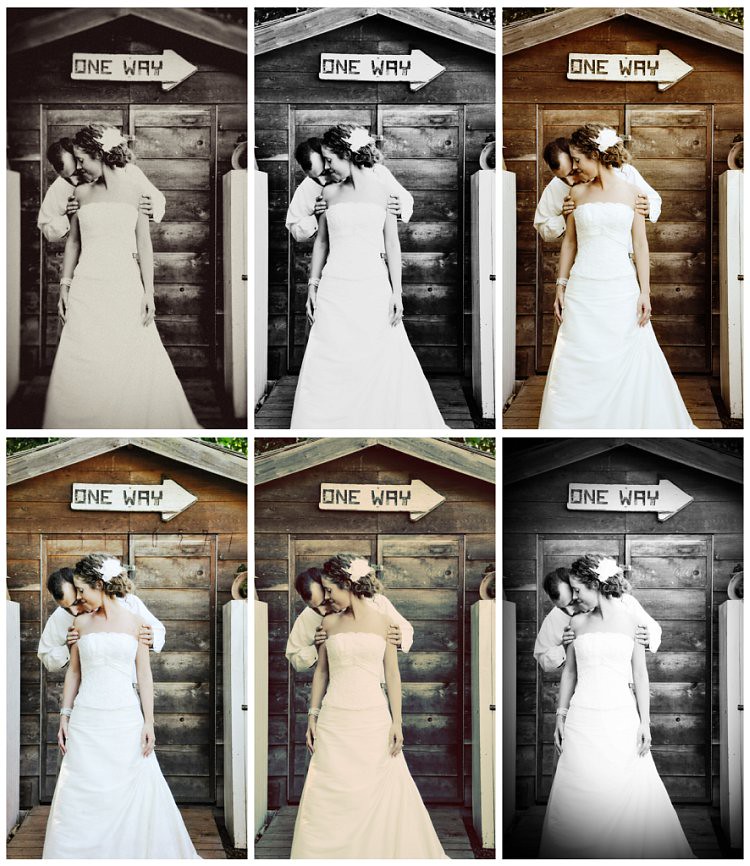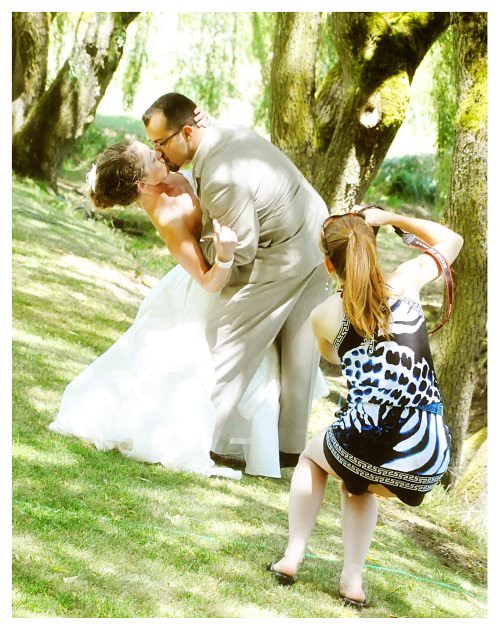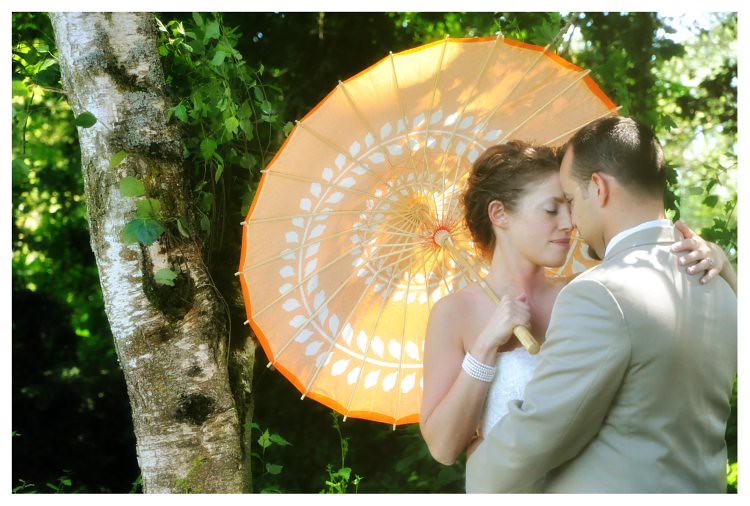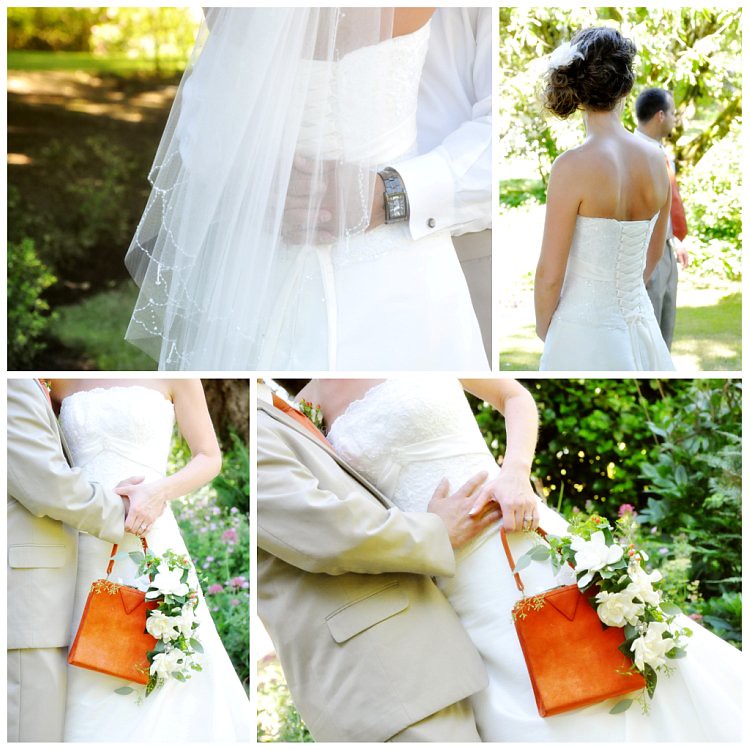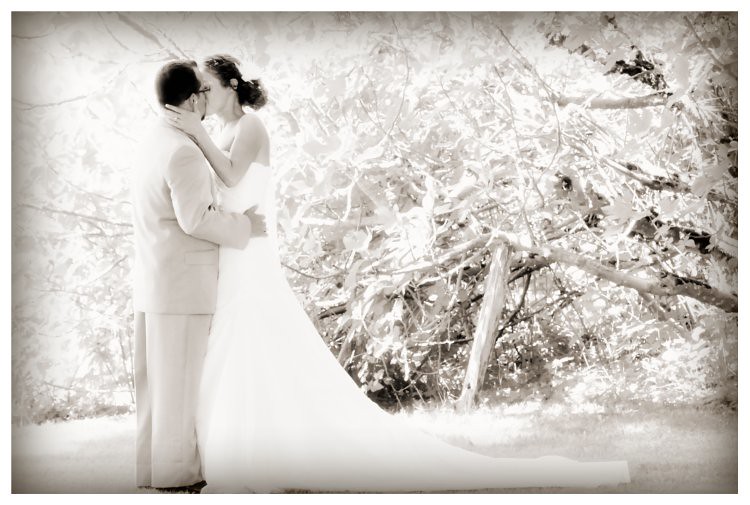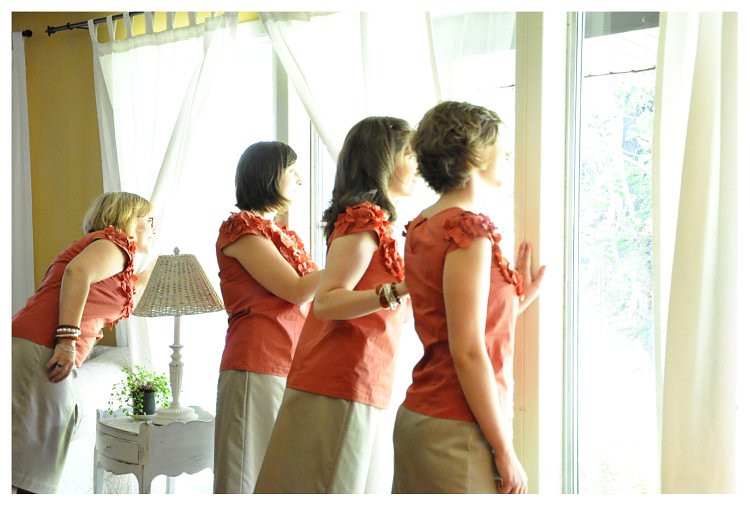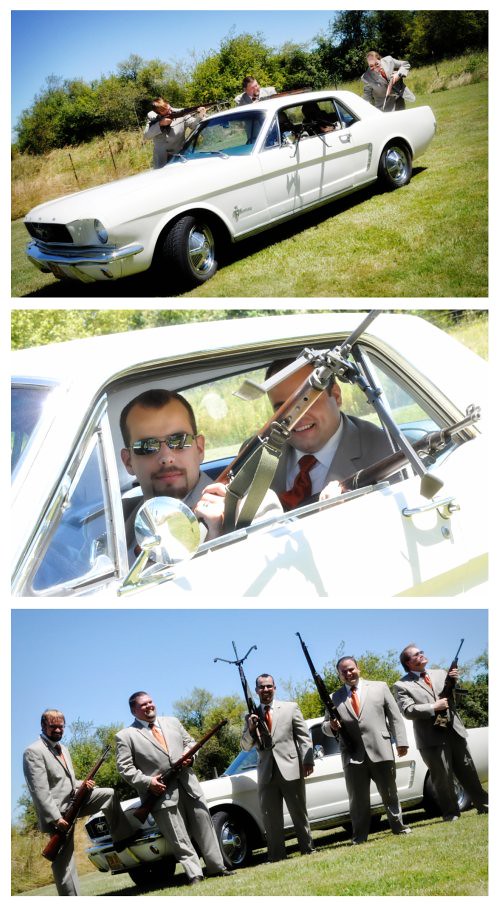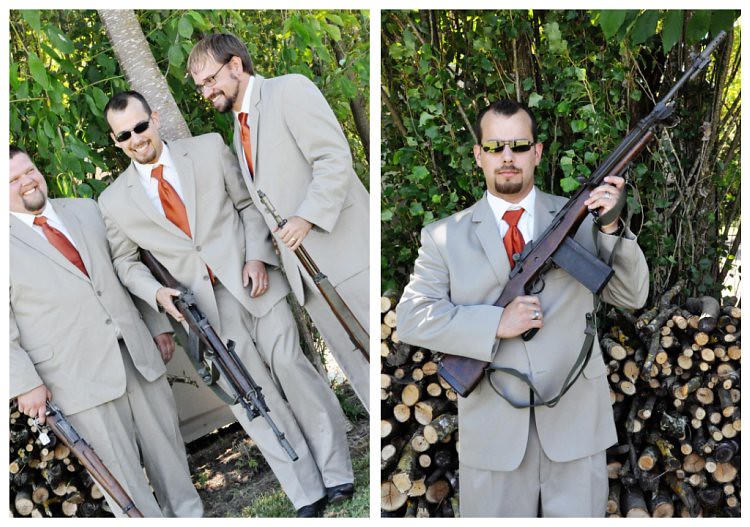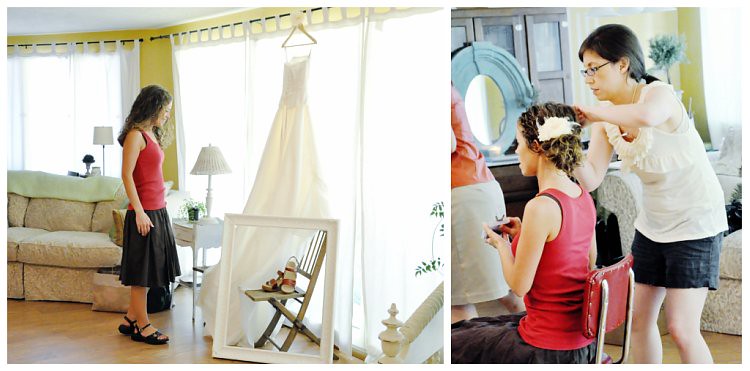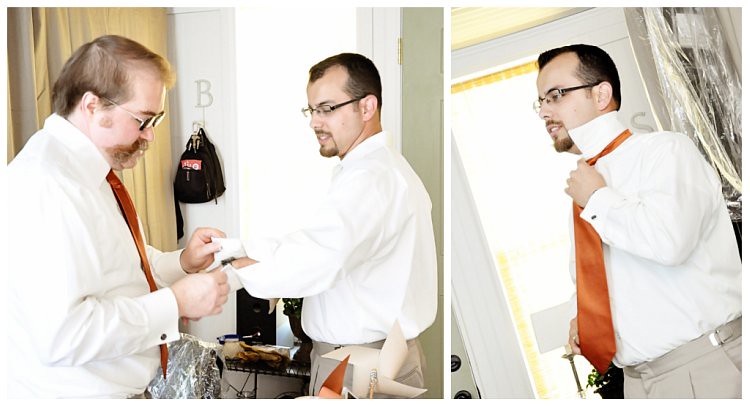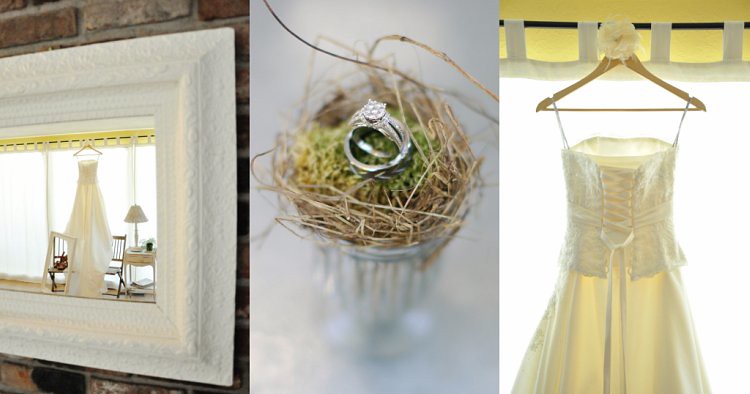
1:: Made PB cookies for my hubby for (sadly) the first time. I don't care for them, but he loves them. A friend made these, and when I found out how simple they were I had to give them a try! Russ gives them two thumbs up. (Oh, and they are gluten-free!)
1 cup peanut butter, 1 cup sugar (or a little less), 1 egg, and 1/2 tsp vanilla. Mix together. Roll dough into balls. Roll in sugar. Press down with fork. Bake at 350 degrees for 10-15 minutes. (Makes about 18 cookies.) Easier than pie.
2:: Enjoying a few days of solitude. 2 doctor appointments, 2 shopping sprees, 2 photoshoots, 2 chick flicks, 2(0) loads of laundry, 2 rooms cleaned and organized (unfortunately not the 2 I was really hoping to work on), more than 2 naps, 20 projects still unfinished... I need 2 extra days!!
3:: I LOVE fresh peaches!!!
4:: I don't so much love having so much to do and so little energy/stamina. Sigh.
5:: Okay, I realize that I don't share everything on this blog, and I really try to focus on the positive, but sometimes I realize that y'all might think I have it all together. I'd hate for anyone to think that. So, for the sake of complete honesty:
Most days, lately, this parenting gig has me on my knees by nightfall. No, that isn't quite strong enough. This parenting gig has me flat on my face by mid-morning. I simply don't seem to have what it takes. Not the self-discipline, not the consistency, not the personality, not the energy, not the imagination, not nothin'. I'm so freaking exhausted. The thought of adding a newborn to this life is terrifying.
There really isn't a solution. Well, there are lots of solutions, but every single one requires more of me. And there isn't.
Enough of the honesty, let's find something productive to contemplate...
6:: On Education (and the work force):
*
Would You Hire Your Own Kids? 7 Skills Schools Should Be Teaching Them at The Daily Riff:
Clay Parker stressed the importance of employees whom he hires being more than just smart. "I want people who can think -- they're not just bright -- they're also inquisitive. Are they engaged, are they interested in the world?" And Mark Summers told me: "People who've learned to ask great questions and have learned to be inquisitive are the ones who move the fastest in our environment because they solve the biggest problems in ways that have most impact on innovation."
*
Here I Stand: 2010 Valedictorian Speech by Erica Goldson:
"And now here I am in a world guided by fear, a world suppressing the uniqueness that lies inside each of us, a world where we can either acquiesce to the inhuman nonsense of corporatism and materialism or insist on change. We are not enlivened by an educational system that clandestinely sets us up for jobs that could be automated, for work that need not be done, for enslavement without fervency for meaningful achievement. We have no choices in life when money is our motivational force. Our motivational force ought to be passion, but this is lost from the moment we step into a system that trains us, rather than inspires us."
7:: On Creativity (and education and industry):
*
The Creativity Crisis at Newsweek (fascinating stuff here, friends):
Researchers say creativity should be taken out of the art room and put into homeroom. The argument that we can’t teach creativity because kids already have too much to learn is a false trade-off. Creativity isn’t about freedom from concrete facts. Rather, fact-finding and deep research are vital stages in the creative process. Scholars argue that current curriculum standards can still be met, if taught in a different way.
Having studied the childhoods of highly creative people for decades, Claremont Graduate University’s Mihaly Csikszentmihalyi and University of Northern Iowa’s Gary G. Gute found highly creative adults tended to grow up in families embodying opposites. Parents encouraged uniqueness, yet provided stability. They were highly responsive to kids’ needs, yet challenged kids to develop skills. This resulted in a sort of adaptability: in times of anxiousness, clear rules could reduce chaos—yet when kids were bored, they could seek change, too. In the space between anxiety and boredom was where creativity flourished.
From fourth grade on, creativity no longer occurs in a vacuum; researching and studying become an integral part of coming up with useful solutions. But this transition isn’t easy. As school stuffs more complex information into their heads, kids get overloaded, and creativity suffers. When creative children have a supportive teacher—someone tolerant of unconventional answers, occasional disruptions, or detours of curiosity—they tend to excel. When they don’t, they tend to underperform and drop out of high school or don’t finish college at high rates.
*My childhood friend and writer, Trish Lawrence, has been talking about creativity on her new blog,
Bringing Creativity to Life: A Blog for Burnt-Out Human Beings.
I don’t intend to be wildly innovative tomorrow when I brush my teeth or when I do the dishes or when I handle my conference call, but I intend to go in with the right mind. A creativity mindset. To enjoy, to live out, to pursue my passion, wherever and whenever I possibly can. To be happy for the chance to be so creative, to be alive, to have two hands and two feet, to have freedom to accomplish things, and for the breath to do it with.
*If you are interesting in exploring how Christianity and Creativity collide, read
Walking on Water: Reflections on Faith and Art by Madeleine L'Engle. This book had a big impact on me as I read it last year, and I'm anticipating revisiting it as it shows up this next month as our book club selection.
To trust, to be truly whole, is also to let go whatever we may consider our qualifications. There's a great paradox here, and a trap for the lazy. I do not need to be "qualified" to play a Bach fugue on the piano (and playing a Bach fugue is for me an exercise in wholeness). But I cannot play that Bach fugue at all if I do not play the piano daily, if I do not practice my finger exercises. There are equivalents of finger exercises in the writing of books, the painting of portraits, the composing of a song. We do not need to be qualified: the gift is free; and yet we have to pay for it...
Creative scientists and saints expect revelation and do not fear it. Neither do children. But as we grow up and we are hurt, we learn not to trust, and that lack of trust is a wound as grievous as whatever caused it.
It strikes me that perhaps I am elevating scientists and down-grading theologians, and that is not true, not fair. For the few scientists who live by revelation there are many more who are no more than technicians, who are terrified of the wide world outside the laboratory, and who trust nothing they cannot prove. Amazing things may happen in their test tubes and retorts, but only the rare few see the implications beyond the immediate experiment. They cannot trust further than their own senses, and this lack of trust is often caught by the rest of us.
*The creative person wants to be a know-it-all. He wants to know about all kinds of things--ancient history, nineteenth century mathematics, current manufacturing techniques, hog futures. Because he never knows when these ideas might come together to form a new idea. It may happen six minutes later, or six months, or six years. But he has faith that it will happen. ~Carl Ally
*We have come to think of art and work as incompatible, or at least independent categories and have for the first time in history created an industry without art. ~Ananda K. Coomaraswamy
Have a lovely weekend, and go BE CREATIVE!
*Creativity is the quality that you bring to the activity that you are doing. It is an attitude, an inner approach – how you look at things . . . Whatsoever you do, if you do it joyfully, if you do it lovingly, if your act of doing is not purely economical, then it is creative. ~Osho
*Creativity is inventing, experimenting, growing, taking risks, breaking rules, making mistakes, and having fun. ~Mary Lou Cook

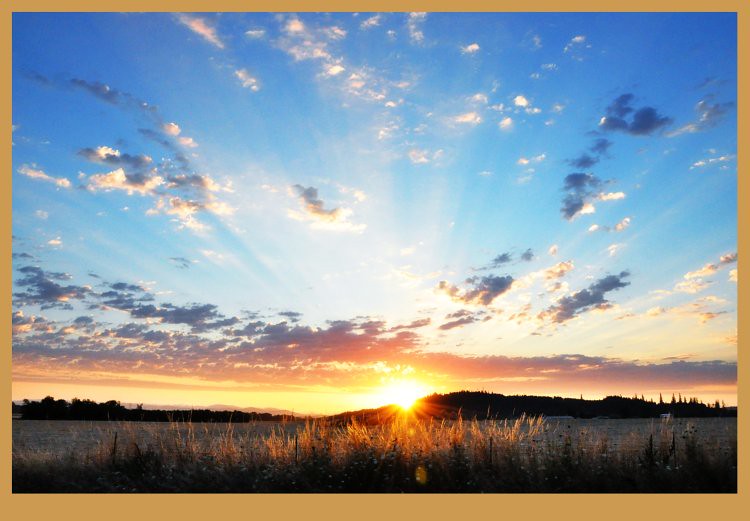
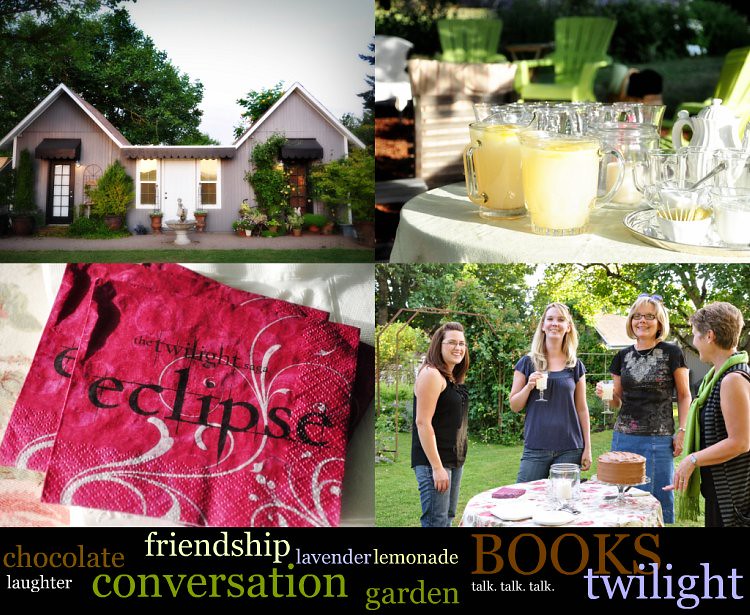
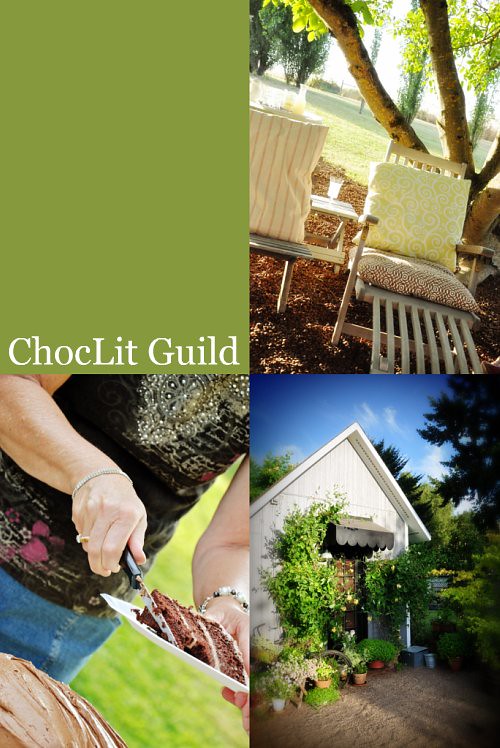
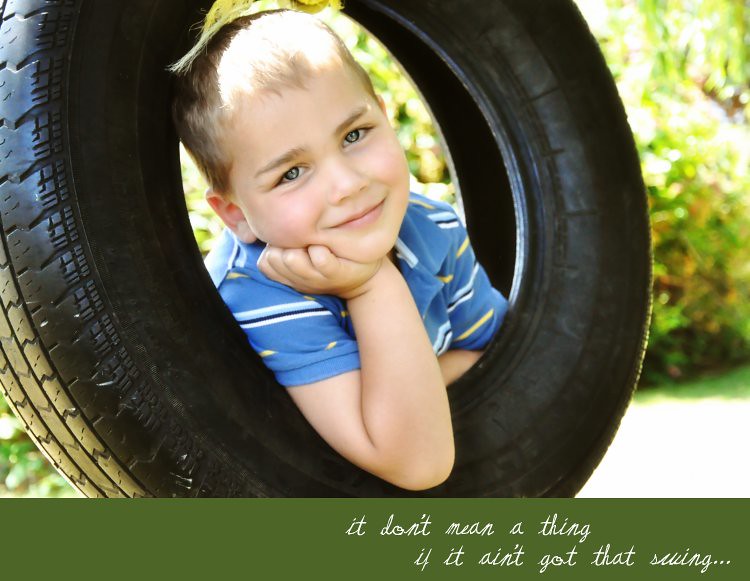
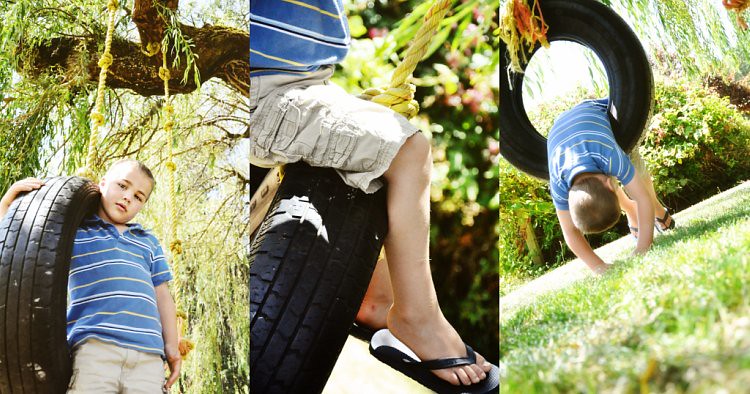
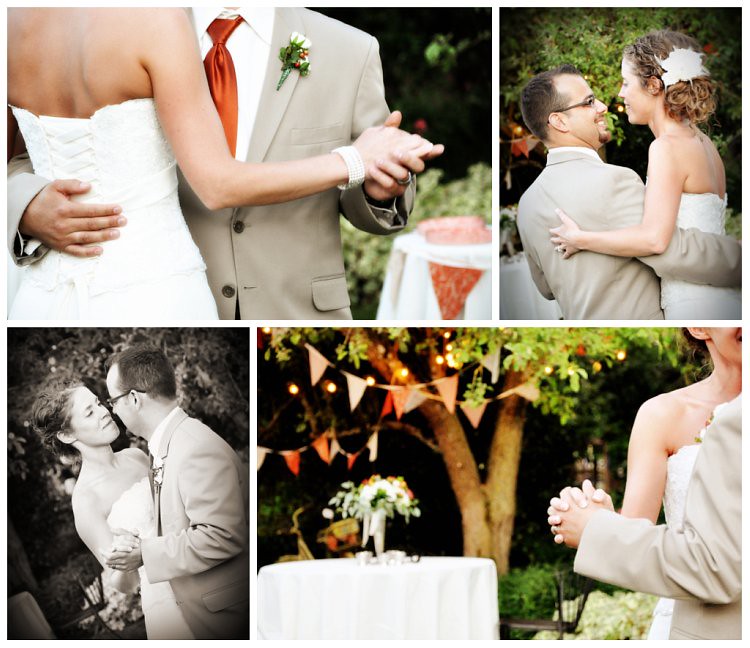
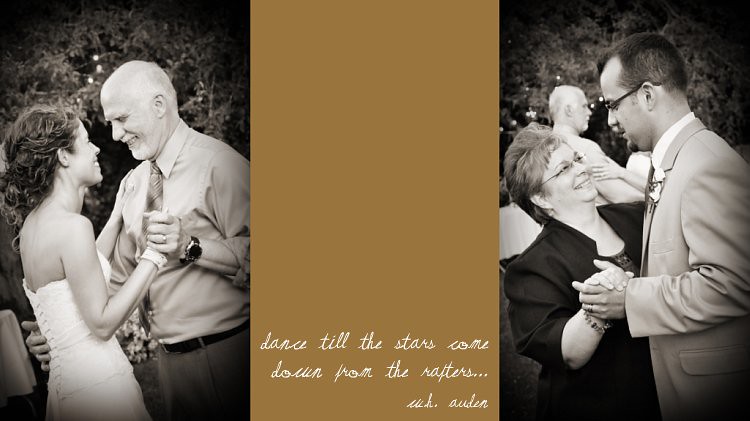
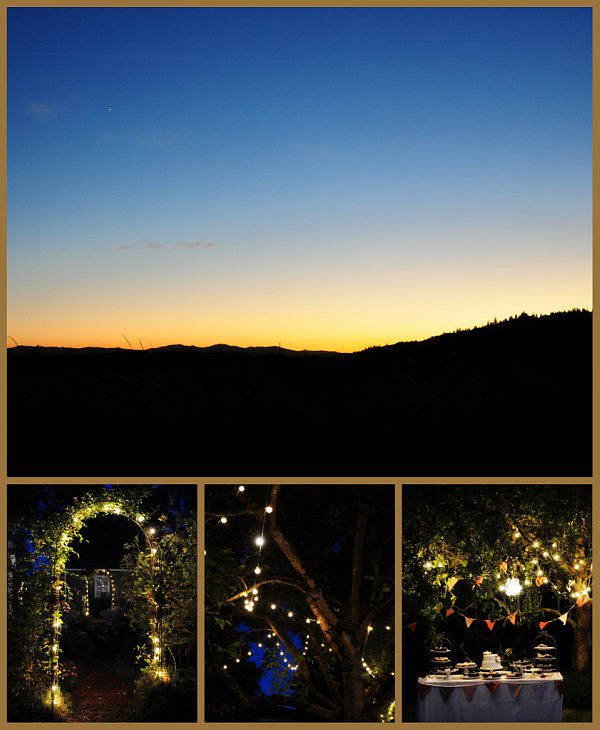
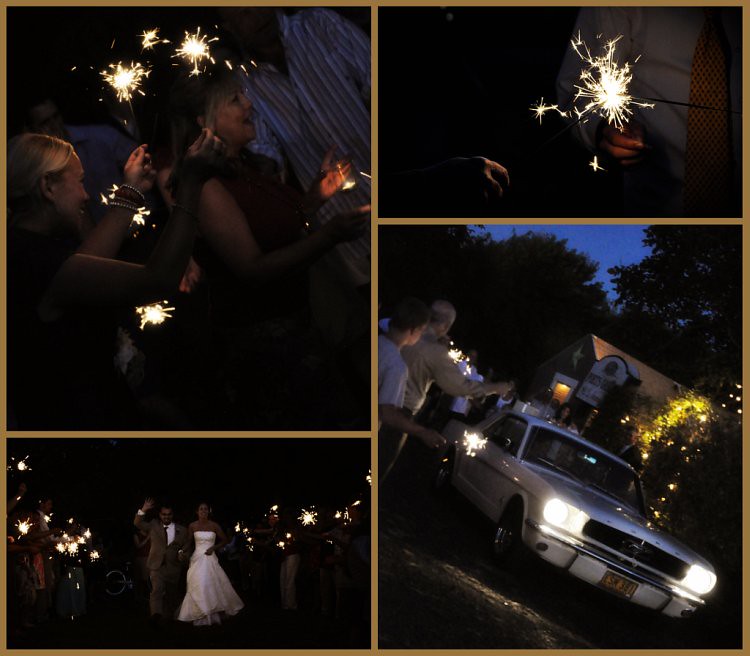
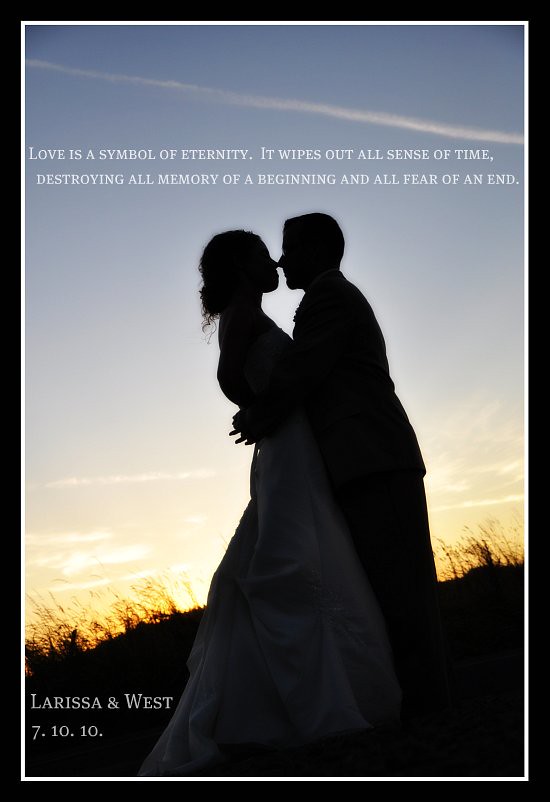
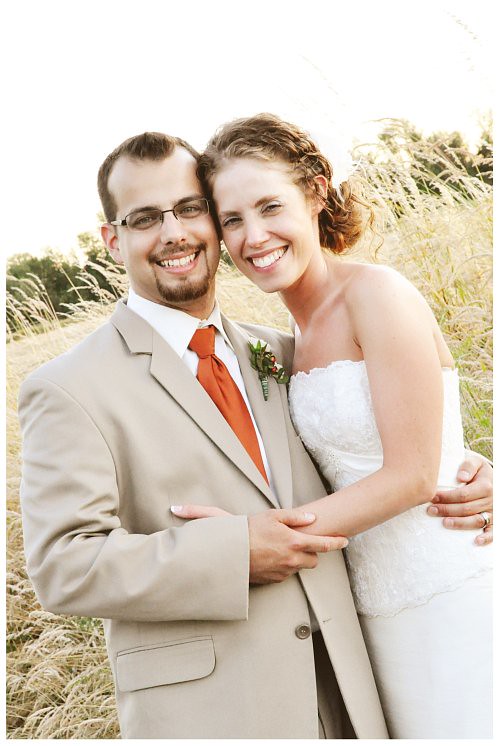
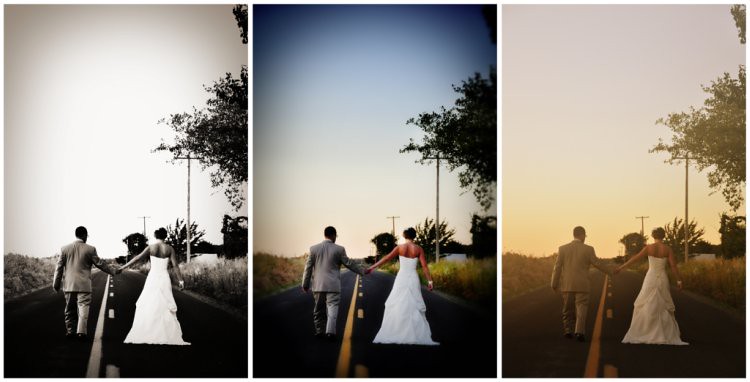

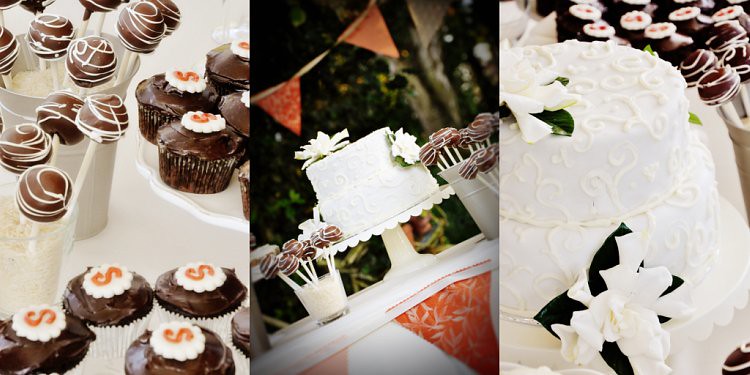
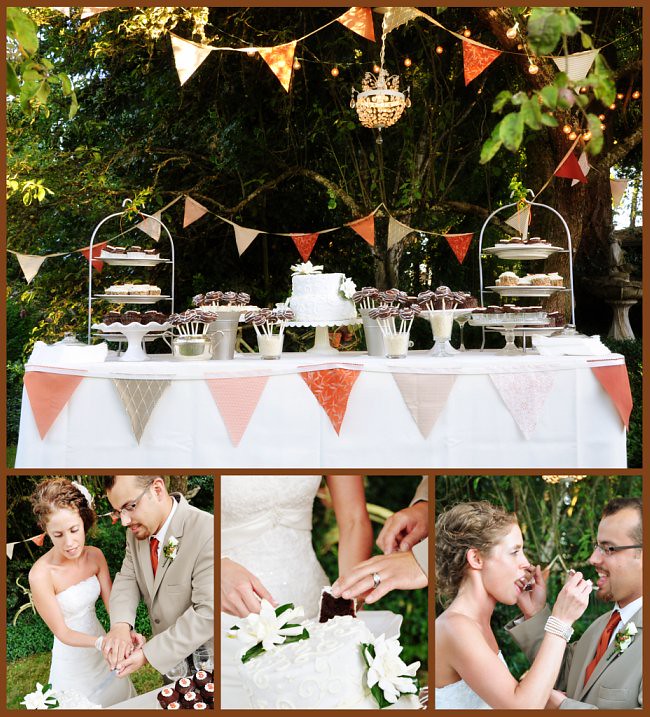
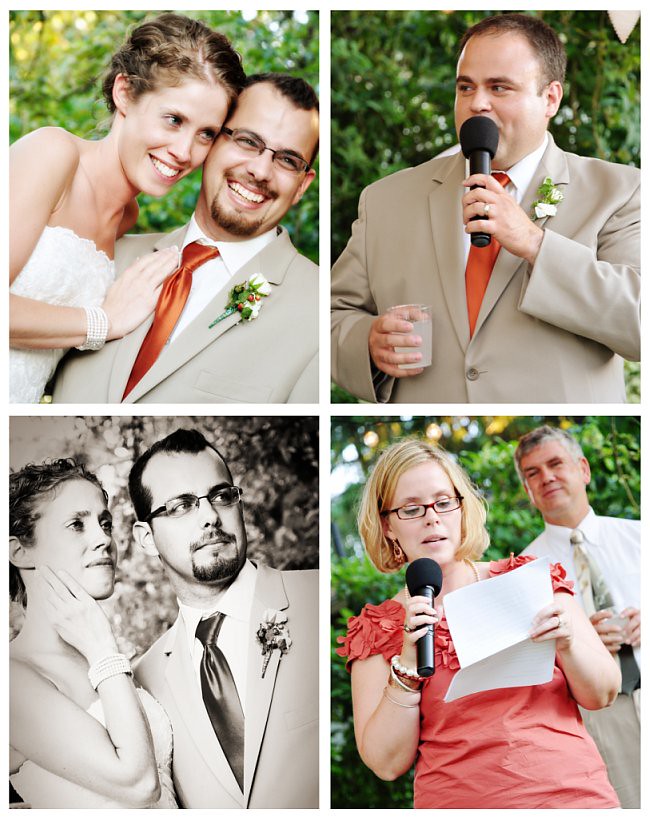
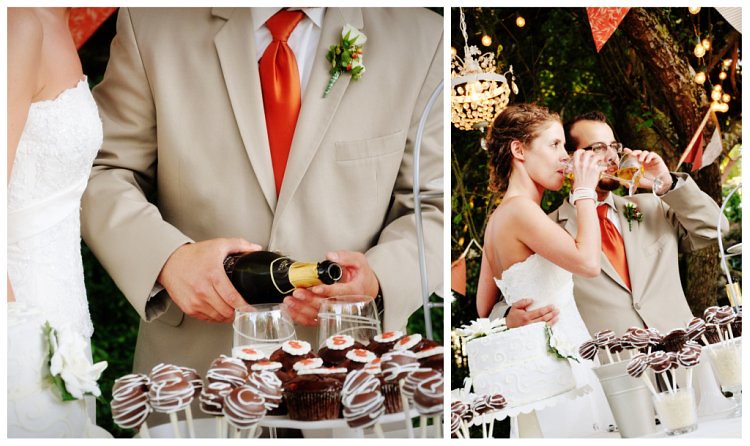

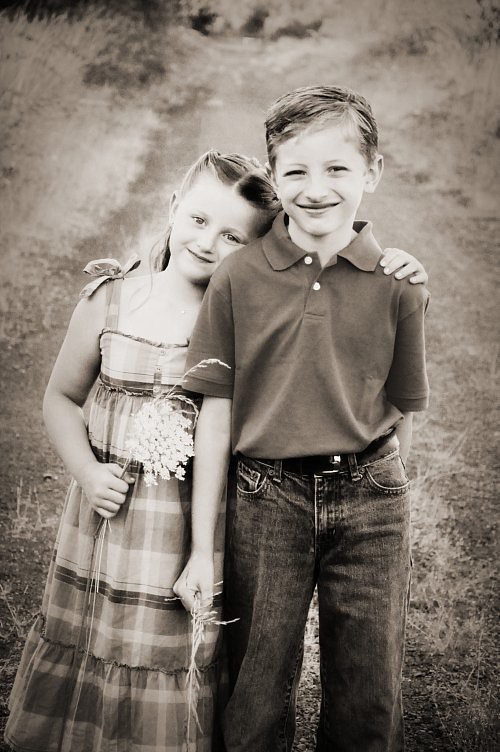
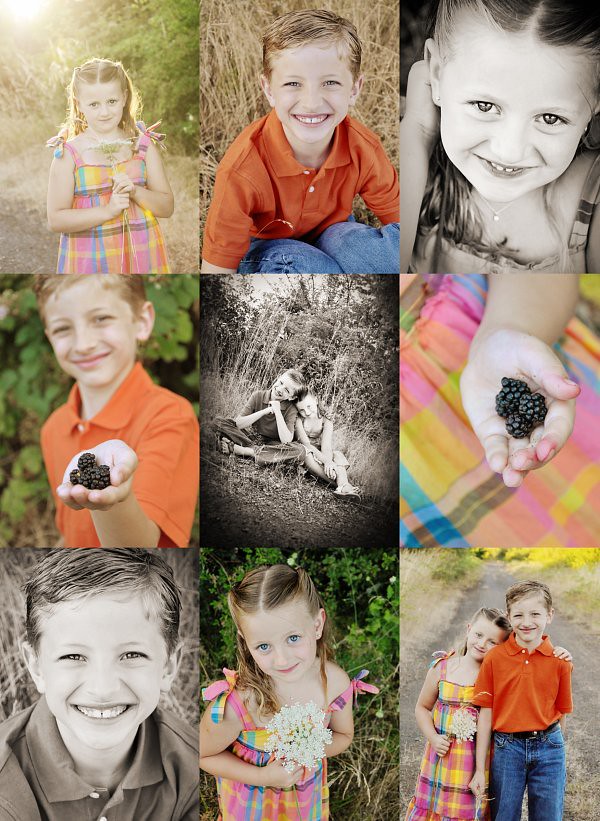
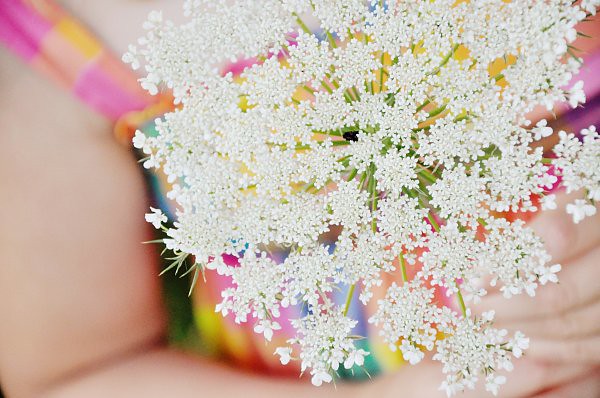

 The second half of the book lists famous poets in chronological order. There are samples of the poets works, as well as brief biographical information. We'll be using this half of the book for several of our monthly poet studies.
The second half of the book lists famous poets in chronological order. There are samples of the poets works, as well as brief biographical information. We'll be using this half of the book for several of our monthly poet studies.

